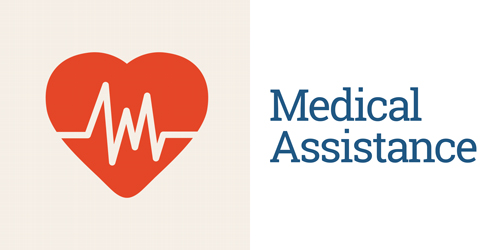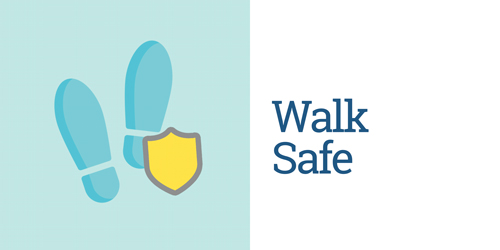Suspicious Behaviour
Top Safety Guidelines
1. Buddy System
Avoid isolating yourself by using a buddy system of walking in groups, or at the least in pairs and staying on the main well lit areas when dark. Avoid being alone and keep a working mobile phone within reach in case an emergency arises. If unsure of what to do you can call Estate Services using the University Emergency Line 7999 (017167999).
2. Stay Alert
Pay attention to what is going on around you and avoid blocking sounds or using distracting devices such as mobile phones. Your ears and eyes are your best defence to being taken by surprise. If you see anything suspicious report it to Estate Services using the University Emergency Line 7999 (017167999).
3. Listen to Your Instincts
If you think you are being followed, either on foot or by car, do not ignore the thought. Go to a safe environment. If you feel you are in immediate danger, run, scream, honk your horn, flash your lights – make a scene. Such action could deter a possible attacker from following through with their plans and attract help.
4. Communicate Your Schedule
Communicate your schedule to friends and roommates. Let people know where you plan to be and when you expect to return, but exchange this information discreetly. Avoid leaving notes on the outside of your door or on a friend’s car. Only those close to you should be aware of your schedule.
5. Use the Services of the University
If you are alone and feel uneasy walking out of campus please contact Estate Services and ask for UCD Walk Safe Service before you set off. When working alone in labs, classrooms or offices at night, lock the doors and contact Estate Services to let them know you are alone on 7000 (017167000). If you ever feel in danger do not hesitate to call the Emergency Services on 1-1-2 or the University Emergency Line 7999 (017167999)
Additional Safety Guidelines
6. Keeping Personal Information Personal
Avoid displaying personal information on mailboxes, key chains, backpacks, apartment doors, etc. Get in the habit of using your first initial and last name. Leave a short, non-descript, computerised voice message as your voicemail greeting. The less information a caller can learn from your message, the better.
7. Get Background Information
If you plan to meet a stranger, for example for a date or a study partner for the first time, meet in a public place like the Library or Student Centre. Ask questions before meeting them – such as what activities they are involved in, who their professors are and where they live. Communicate this information to a friend or roommate.
8. Strangers About
This is an open space, so there is plenty of people about. However, when you are in a familiar area and you encounter someone that you do not recognise (lab, office, residence, etc.), ask them if you can help them. Let them know you are aware of their presence. Ask them to wait outside until you can contact the person they are looking for and lock the door when you go to relay the message. This can be done in a friendly but firm way. Do not allow the stranger to make you feel guilty about taking safety precautions or intimidate you into compromising your safety.
If at any time you feel unsafe, contact Estate Services to investigate the person. Do not engage in an angry exchange with a stranger.
9. Mind Your Belongings
Theft is not a major problem in the University, but thefts have occurred. Whenever you leave your belongings unattended —even in a place you think is safe— you are leaving yourself vulnerable to theft. We’d rather you don’t leave them unattended by taking them with you as a precaution rather than risk having valuable items stolen. Your car is not a safe place, even if you think belongings can not be seen someone could have watched you putting your laptop in the boot.
10. Bicycle Safety
A bicycle is a popular and great way of commuting to and from UCD. Unfortunately every year there are a number of reports of bicycle thefts on campus. In order to eliminate this problem, we are encouraging all users to consider always locking your bicycle, even if you are just leaving it for a couple of minutes and lock your bicycle through the frame to a bicycle stand. More tips about bicycle security.








